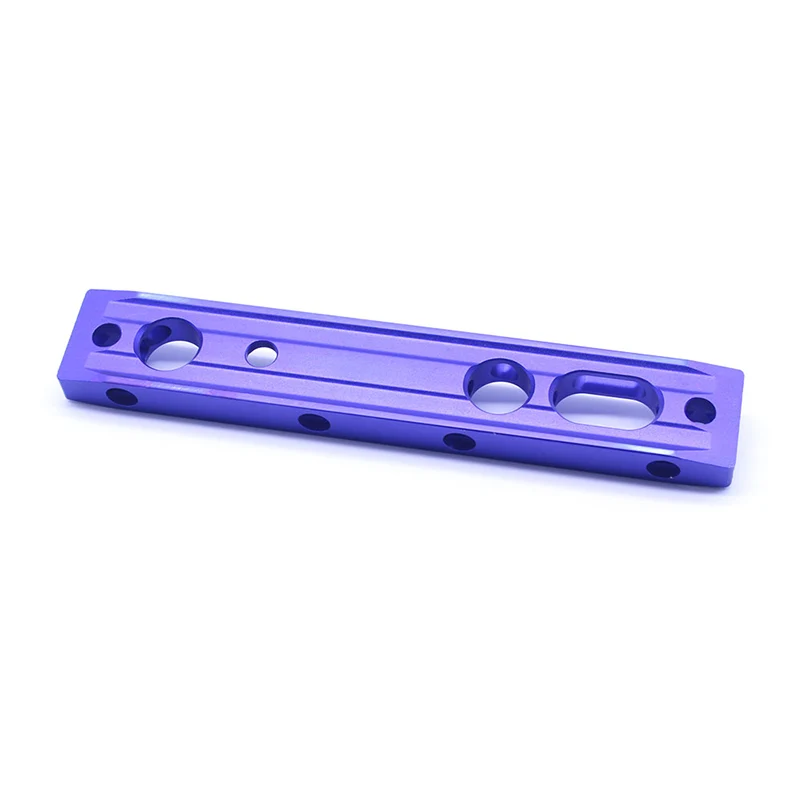Aluminum Alloy Shell CNC Parts: Precision, Strength, and Versatility
2025-02-25
Aluminum alloy shell CNC parts are widely used across various industries due to their strength, durability, and lightweight nature. Whether for electronics, automotive, aerospace, or industrial applications, these precision-engineered components offer superior performance and reliability. Let’s explore what makes aluminum alloy shell CNC parts a preferred choice and how they contribute to modern manufacturing.
What Are Aluminum Alloy Shell CNC Parts?
CNC (Computer Numerical Control) machining is a highly accurate manufacturing process that utilizes programmed tools to cut and shape materials. When applied to aluminum alloys, CNC machining produces robust and precisely crafted shells used in enclosures, housings, and structural components. These parts are designed to withstand mechanical stress while maintaining a lightweight profile, making them ideal for demanding applications.
Benefits of Aluminum Alloy Shell CNC Parts
- Lightweight and Strong: Aluminum alloys offer a high strength-to-weight ratio, making them ideal for industries requiring durable yet lightweight materials.
- Corrosion Resistance: Aluminum naturally resists oxidation and corrosion, extending the lifespan of CNC-machined components.
- High Precision: CNC machining ensures tight tolerances and consistent quality, critical for precision applications.
- Excellent Thermal Conductivity: Ideal for heat dissipation in electronic and automotive applications.
- Customizable Finishes: Anodizing, powder coating, and other surface treatments enhance appearance and protection.
Industries That Rely on Aluminum Alloy Shell CNC Parts
- Electronics: Used in enclosures and heat sinks to protect delicate components.
- Automotive: Found in engine parts, brackets, and structural components for enhanced performance.
- Aerospace: Lightweight yet strong materials help improve fuel efficiency and durability.
- Medical Devices: Precision machining ensures high-quality components for medical instruments.
- Industrial Equipment: Provides long-lasting and resilient housing for machinery and tools.
How Are Aluminum Alloy Shell CNC Parts Manufactured?
1. Material Selection
- Choosing the right aluminum alloy (e.g., 6061, 7075) based on strength, corrosion resistance, and machinability.
2. CNC Machining Process
- Utilizing advanced CNC machines to cut, drill, and shape the aluminum precisely.
3. Surface Finishing
- Enhancing aesthetics and durability through anodizing, sandblasting, or powder coating.
4. Quality Control
- Conducting inspections and tests to ensure dimensional accuracy and performance standards are met.
Aluminum alloy shell CNC parts combine precision, strength, and versatility, making them essential for various high-performance applications. Their lightweight yet durable nature, coupled with excellent thermal conductivity and corrosion resistance, ensures reliability in demanding environments. Whether in electronics, automotive, aerospace, or industrial applications, CNC-machined aluminum parts continue to play a crucial role in modern manufacturing.



